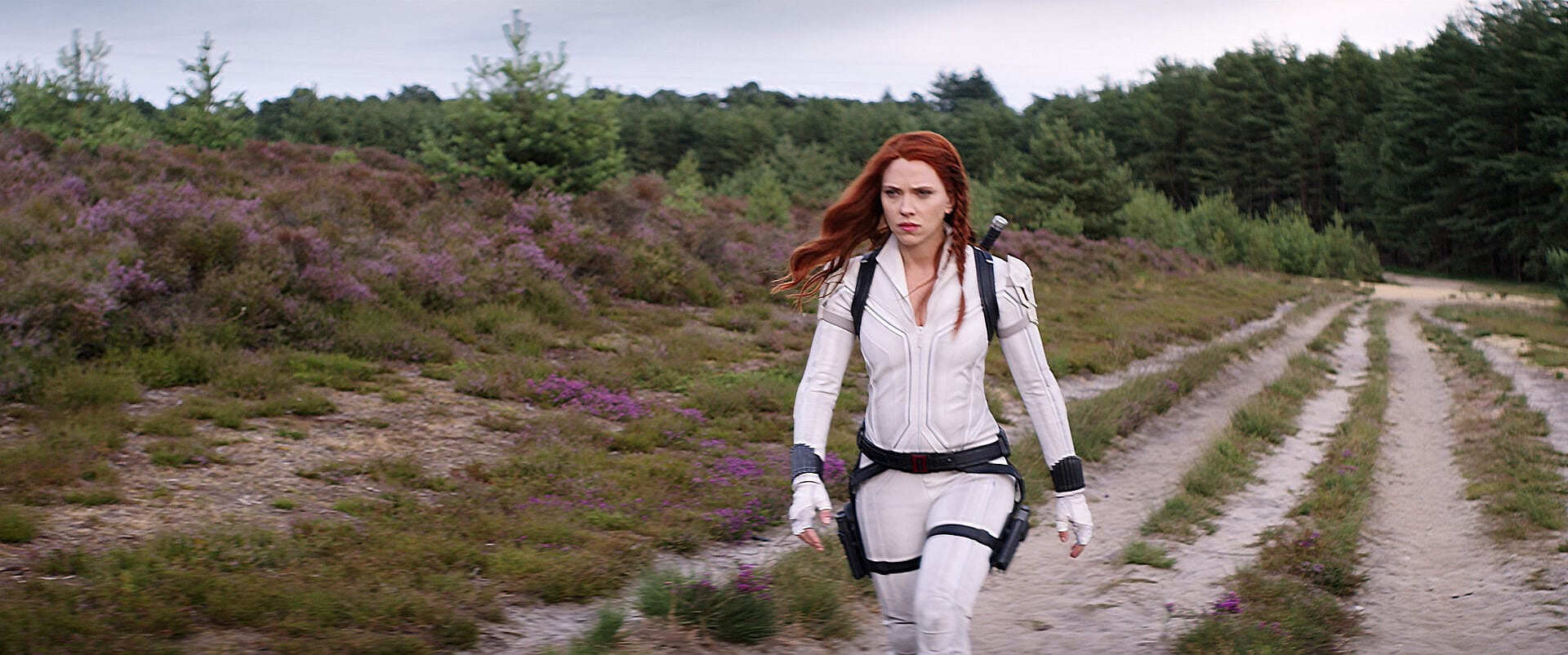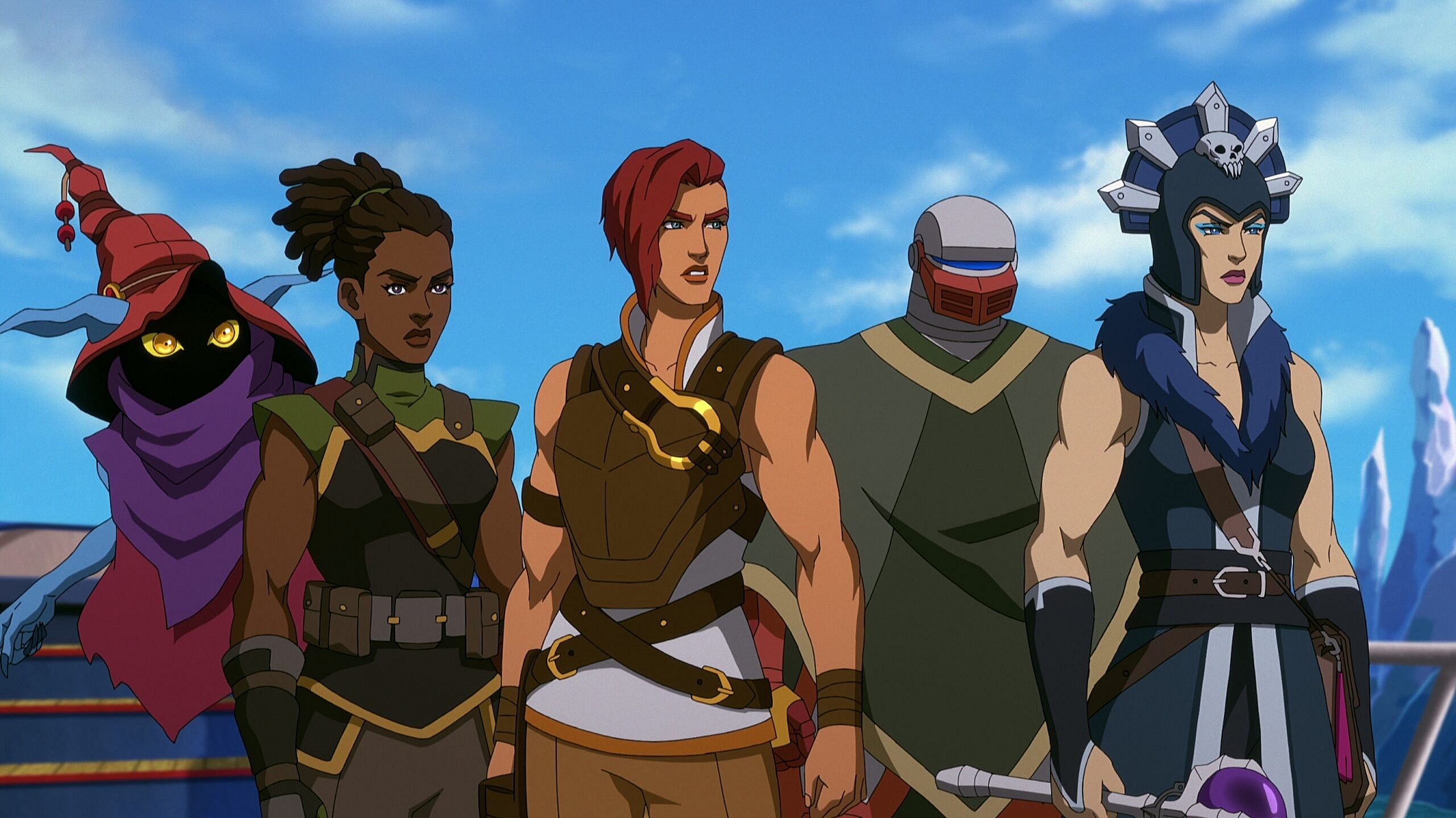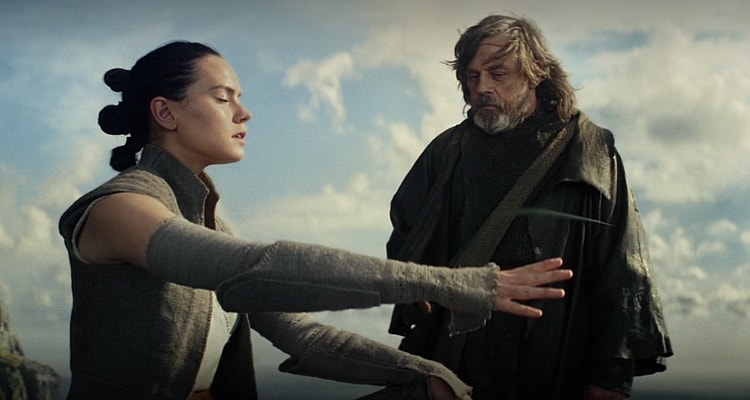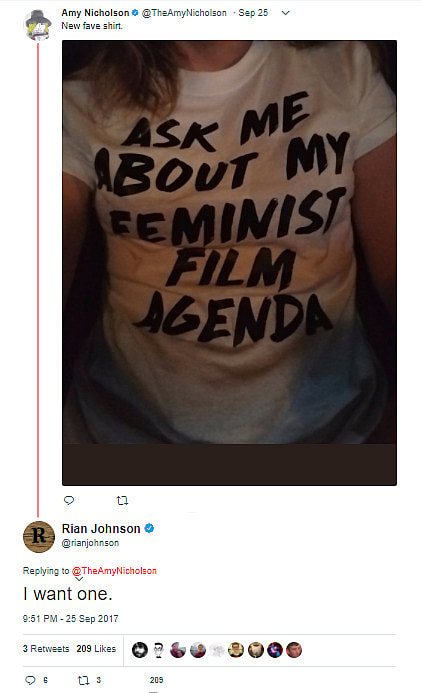YouTuber The Critical Drinker Explains Why Modern Movies Suck

YouTuber The Critical Drinker recently explained why modern movies suck by looking at and examining the films’ setup and payoff.
The Critical Drinker begins his video stating, “One of the things you’ve heard me prattle on about in reviews and livestreams is the concept of setup and payoff and why it is so important in movie making.”
“Set up and pay off is actually a pretty simple idea. Basically, it means if you’re going to have significant things happen later in your story then you kind of need to build them up first,” he continues
The Drinker then provides some examples, “If it’s some big emotional pay off, for example, like your main character overcoming the antagonist to win the day then you need to help your audience understand why that antagonist needs to be defeated. If it’s some unusual or unexpected event that changes the course of the story, you first need to help your audience understand how that thing could happen.”

“It’s like planting little seeds in their minds that slowly grows over the course of the story, in other words, the setup, so that when the time comes for the important event to happen i.e. the payoff, it feels believable and as a result it’s both intellectually and emotionally satisfying for the audience,” the YouTuber asserts.
He then explains in layman’s terms, “You can’t just throw in any random crap at any moment and expect people to stay invested in your story. You need to set it up first. The key is to do it in such a way that the audience doesn’t know it’s being done. You need to subtly manipulated them into knowing the things you want them to know without giving the game away completely.
“Make your setup too obvious and clunky and you’ll tip your audience off to future events, killing the tension and drama when you need it most. On the other hand, if you don’t do any setup at all you’ll end up with payoffs that feel cheap, contrived, and manufactured. Because that’s exactly what they are,” he declares.
“The point, here, is that a good, well-constructed setup should be subtly woven into the script so that it feels like a natural part of the story and people don’t see it for what it actually is,” says The Drinker.

The Critical Drinker then walks through how Tremors gets the setup and payoff done right. After describing how Tremors does it right, he looks at Star Wars: The Last Jedi and how the film gets it wrong.
While discussing The Last Jedi, he specifically talks about the ongoing chase sequence shown throughout the movie involving The First Order hunting down the fleeing Resistance fleet.
As he winds down his brief dissection of The Last Jedi, he summarizes it saying, “All these questions could have been avoided if the writers had taken the time to setup any of this stuff in advance. Instead of a carefully constructed narrative that makes sense and obeys its own rules, you instead have a series dodgy single line attempts to fix problems that didn’t need to exist in the first place.”
“And those fixes are so flawed and short-sighted that they themselves give rise to yet more problems that have to be hastily patched over,” he continues.
The Drinker wraps it up stating, “Basically, it boils down to an escalating series of storytelling failures brought about by a complete lack of planning and an unwillingness to go back and rework something that’s clearly broken.”

From there, The Critical Drinker addresses in broad terms why current Hollywood films suck explaining their overreliance on spectacle.
He states, “Smart, subtle, well-constructed setup and payoff, like I showed you earlier, feels like a dying art in modern filmmaking where the focus is increasingly put on spectacle, action, snarky humor, and above all quick results.
He then sarcastically imitates a studio executive, “Just get more content out there guys. That way we can get them excited for the next product before they start thinking too much about how s*** this one is.”

Later he adds, “It just feels kind of disheartening to realize that a low-budget monster movie from 30 years ago had more care, thought, and attention put into it than most of the $200 million mega-blockblusters that we get today.”
He continues, “I think that’s part of the reason, that for all the money they rake in, most modern films don’t stay with us a minute longer than their run time. They’re just dumb, formulaic sludge churned out by the same battery farm studio process as every other generic movie for the simple reason that there’s no real incentive for them to be any better.”
“As long as people keep paying to see them, studios will take the path of least resistance that allows them to make as much money as possible with the least amount of efforts,” says the YouTuber.
“I might blame them for the s*** they churn out, but, ultimately, we’re the ones who let them get away with it,” The Drinker concludes.

There’s quite a bit to unpack here. The Drinker clearly makes great points about the technical aspects of the setup and payoff, and the fact that many modern films no longer have good setups and it leads to terrible payoffs.
However, his comments about studio films not having a real incentive to be any better might actually point to a larger societal problem that is reflected in poor modern films.
And that societal opinion is a rejection of truth. A rejection of natural law. As St. Paul wrote in Romans Chapter 2, “For when the Gentiles who do not have the law by nature observe the prescriptions of the law, they are a law for themselves even though they do not have the law.”
He adds, “They show that the demands of the law are written in their hearts, while their conscience also bears witness.”
Whether we want to admit it or not, the truth and natural law are written in our hearts and are also witnessed by our souls and consciences.

In fact, the great J.R.R. Tolkien, the author of The Lord of the Rings that truth is also found in our stories. In Letter 131 to Milton Waldman, Tolkien states, “Myth and fairy-story must, as all
art, reflect and contain in solution elements of moral and religious truth (or error), but not explicit, not in the known form of the primary ‘real’ world.”
In the same letter he would later add, “I believe that legends and myths are largely made of ‘truth’, and indeed present aspects of it that can only be received in this mode; and long ago certain truths and modes of this kind were discovered and must always reappear.”
The stories modern movies are now telling reject this truth. And have instead replaced it with their own internal vision. Their own vision of what they believe is the truth. A vision, which in most cases is primarily aligned with ideological movements like feminism, communism, and more. Utopian ideas that fail every time they are implemented.

Interestingly enough Rian Johnson perfectly explains this point in an interview he did with Fast Company back in 2017.
Johnson says, “All the things that are in the air and in your head get filtered in. It’s impossible not to put what’s on your mind into the movie.”
He then goes on to explain why the original Star Wars have such a lasting impact, “But I maintain that I think the reason these movies are constantly applicable to the real world is that they are never just cheap 1:1 analogies. Because they are about the stuff that’s underneath the stuff–they’re more universal than that.”
“Going back to the original films, they’re still applied to current political situations because they have that kind of archetypal power. We’re living in the real world and we’re the ones telling the stories, so it’s all gonna filter in there, but I think it’s never conceived as a political allegory, per se, and hopefully that’s why it’s especially potent,” he concluded.

While Johnson doesn’t use the word “truth” to describe why the original Star Wars is so lasting, he does use close synonyms like “universal” and “archetypal.”
However, in contrast to the universal and archetypal original trilogy, Johnson makes it clear that in his film he put what was in his mind into the movie. And he clearly had feminism on his mind as a tweet from September 2017 sees Johnson stating he wants an “Ask Me About My Feminist Film Agenda” t-shirt.

It’s quite clear when you reject the truth and try to replace it with an atheistic ideology like communism or feminism, our human hearts and souls intuitively recognize it and reject it as something wrong and bad.
